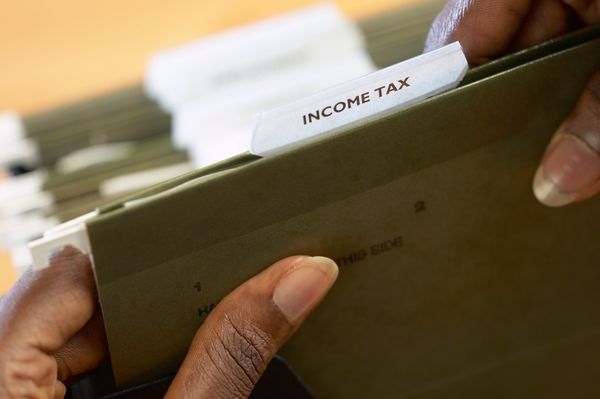Income, sales, property, inheritance and death -- an array of tax categories dominates pretty much every area of our lives. Most of us grudgingly accept that we have to pay them, since road improvements, the health care system and education aren't exactly freebies and the money to fund them has to come from somewhere. The fact is that the government needs your dollars, and odds are that they're not going to tell you if you've accidentally forked over more than your fair share. All too often, the poor taxpayer understandably can't decipher all the various components of the tax law and overlooks some deductions and credits they might be entitled to. This is tantamount to flushing cash down the proverbial toilet. I don't know about you, but I like my money in my wallet or bank account, where it's nice and cozy!
If you're wondering what credits and deductions are exactly, you're not alone. There are dozens of available deductions and credits available to taxpayers, ranging from in value from small amounts to thousands of dollars. Ka-ching! Most of the time, credits are more financially beneficial to taxpayers because they are a set amount that reduces the amount of taxes you have to pay.
Advertisement
For example, if you owe $3,000 in taxes, but qualify for a $2,000 credit, your payback amount drops to $1,000. Deductions, however, lower the amount of your income that is subject to tax, so you'll still be paying taxes, just on a reduced amount. Your gross income minus certain deductions is your adjusted gross income or AGI. So, taking $2,000 in deductions might put your AGI into a lower tax bracket, but likely won't knock $2,000 off the tax bill. Think of a deduction as a helpful coupon and a credit as a super-sweet gift card.
Now, let's see what kinds of credit and deductions you might be able to claim.
Advertisement




